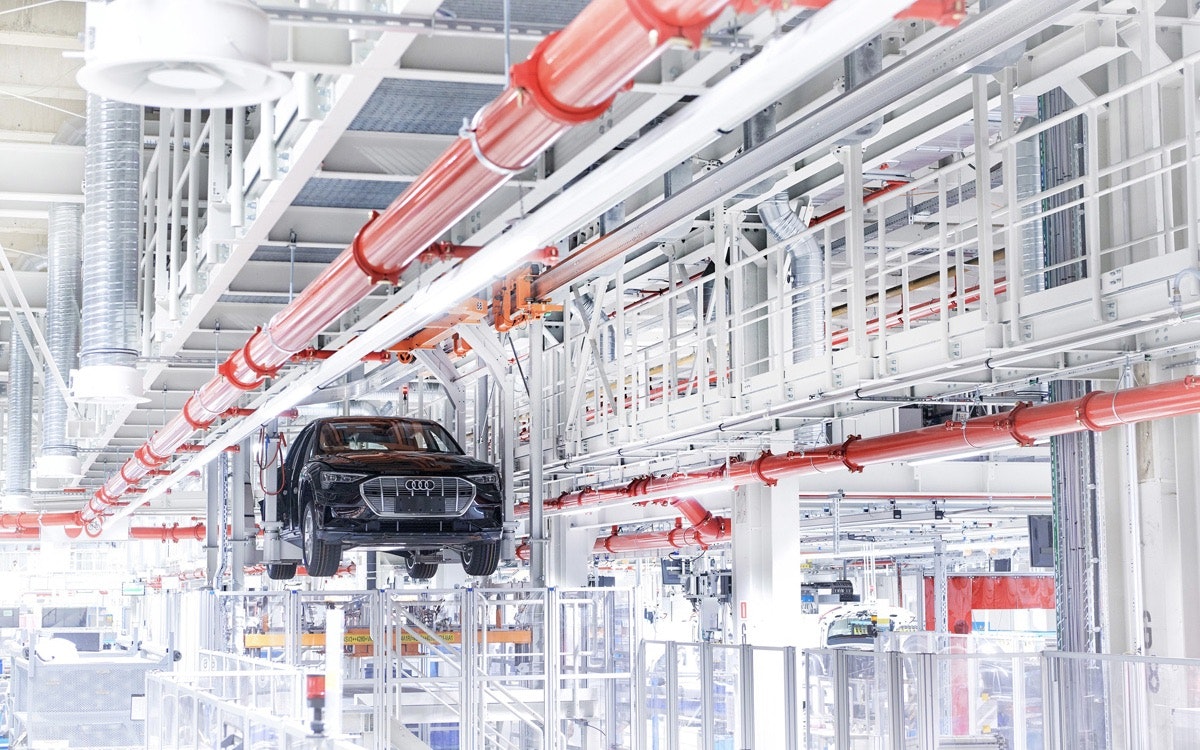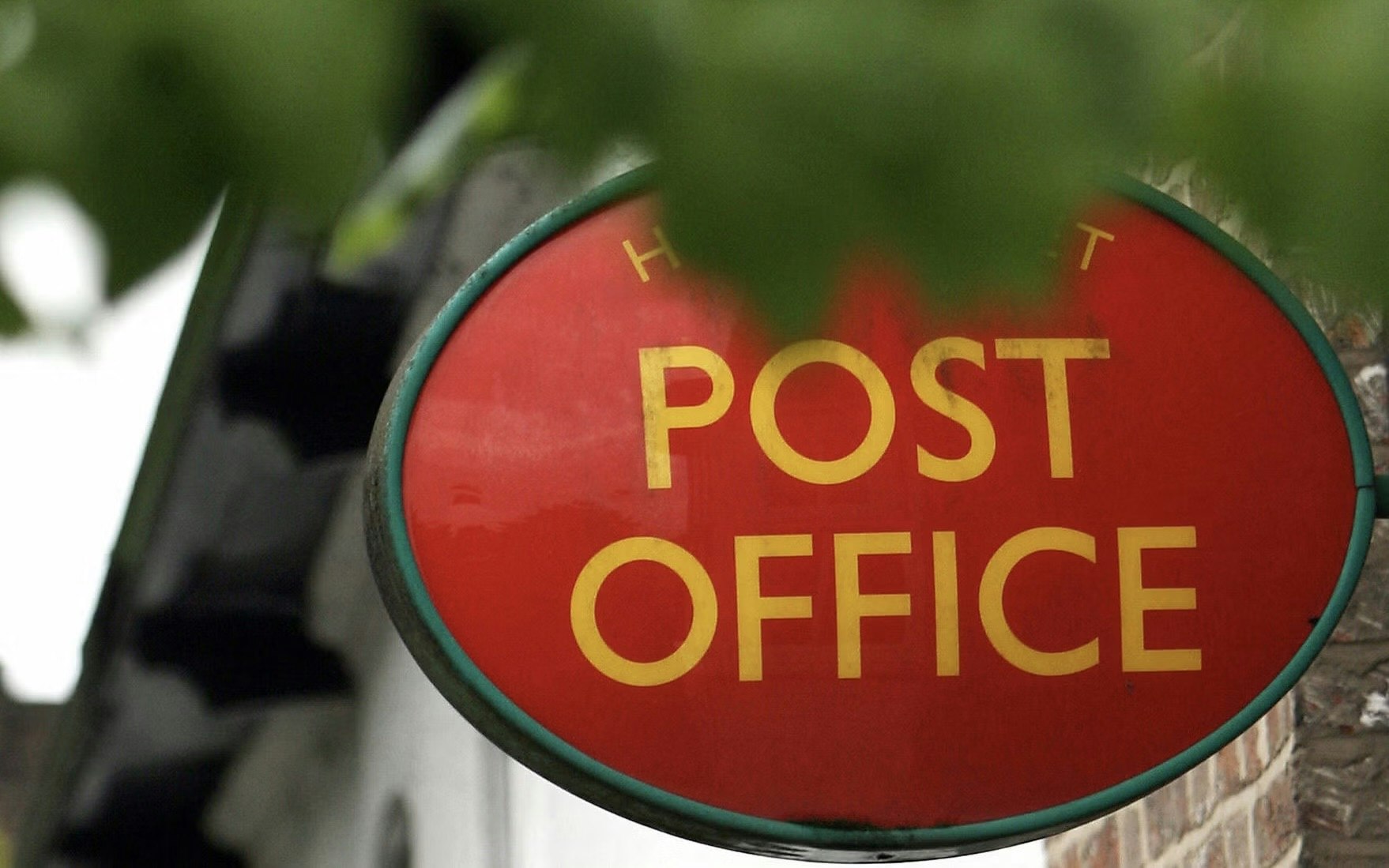Markets
Overview of the Key Points of the Current Harvest Season
Between economic concerns and pricing power, DAX corporate balance sheets reveal rare insights and an emerging risk.

Concerns about the economy and pricing power have led to heavy price losses among Dax companies. Since the beginning of August, the market value of the top 40 has dropped by approximately 190 billion Euros. Shareholders are selling their shares due to fears of geopolitical crises and the weaker economy at home and abroad.
However, with the start of the reporting season for the third quarter, investors are asking whether net profits will continue to fall or whether good balance sheets can make stock prices rise again. In the first half of the year, net profit had plummeted by 20 percent to 56 billion euros compared to the previous year.
But the analysts remain skeptical, as Andreas Hürkamp, analyst at Commerzbank, confirms. The recent profit warnings from Sartorius and VW reinforce this skepticism.
To determine whether the analysts are right, investors do not have to wait until the end of the reporting season. An exclusive analysis by Handelsblatt shows that certain metrics of some companies allow conclusions about entire industries, the Dax or even the entire economy. However, there is also a new problem. According to Handelsblatt calculations, the 40 Dax companies generate just under four-fifths of their sales abroad and just over a fifth in Germany.
Particularly significant is the US dollar, which most companies use for their business transactions. Yet, even though they earn revenue worldwide, they account for it entirely in Euros. Depending on the exchange rate fluctuations, this can either be advantageous or disadvantageous.
Currently, the impacts are negative, as the euro has risen on average by 8 percent compared to the corresponding quarter of the previous year. Therefore, when companies convert their dollar earnings into euros, they receive fewer euros for each dollar. An example of this is provided by SAP, which in the third quarter was able to record a rise of 9 percent, despite a sales increase of 4 percent adjusted for currency effects. The operating result also increased by 11 percent; with stable currency rates, it would have been as much as 16 percent.
The effects of the strong Euro are expected to impact almost all Dax corporations. However, export-heavy companies like BMW and Mercedes, who mainly trade in US dollars, are particularly affected. Despite this, both premium car manufacturers have raised their annual forecasts following a successful first half of the year and have been able to enforce higher prices.
Shareholders should pay attention to whether they will stick to their goals even after Volkswagen's profit warning on Friday evening, despite the stronger euro and the more difficult competitive situation in the dollar area. There are also burdens in China, an important sales market. The expected recovery after the lifting of the tough Corona restrictions has so far not materialized, as Mercedes CEO Ola Källenius also noticed when presenting the half-year figures.
In the past, currency losses often occurred alongside a prosperous economy. The rising demand allowed companies to absorb these burdens. However, this time the strong euro comes at an inopportune time, as demand is falling, interest rates are rising, and the economy is weakening. This is also confirmed by a Frankfurt trader.
A good indicator of the global economy is the transportation of goods by land, water, and air. If more goods are shipped, flown, transported by road or train than in the previous year, this suggests a strong economy. However, if freight rates decrease, this signifies a weaker world economy. As Europe's largest logistic company and one of the largest worldwide, Deutsche Post (DHL) is a good barometer for the future economic situation.
Shareholders should therefore closely monitor whether DHL sticks to its raised annual targets, which were slightly increased again after the first half of the year. By 2025, the operating profit is expected to be over 8 billion euros again, almost as much as in the record year 2022. However, there are doubts about this forecast, since the post is already feeling the effects of weak growth in China and Europe.
This leads to less transport of goods by air and sea, resulting in falling freight prices worldwide. The average estimates of analysts for the full year 2021 have dropped from just over 4 billion euros six months ago to now 3.88 billion euros.
"We have seen both in air and sea freight that the Chinese economy has developed less dynamically than we all had hoped," explained DHL CFO Melanie Kreis at the presentation of the half-year figures. Furthermore, losses in the German mail and parcel business also burden the company. In view of the increased inflation, higher wage tariffs were agreed upon, which increased personnel costs.
According to the district, the additional expenditure in the first quarter of the year alone amounts to 115 million euros and will continue in the next quarters.
BASF, Europe's largest chemical manufacturer, has recently issued a drastic profit warning. The impacts of this action are significant not only for the company itself, but also for the entire industry sector as well as the leading Dax index. This is especially important given that BASF CEO Martin Brudermüller reported in the second quarter that global demand for chemicals had hit rock bottom and customers had significantly reduced their inventory levels.
But now a clear weakness in demand surfaced in the second quarter, leading to a downward revision of the expected range for the operating profit before special items – from originally 4.8 to 5.3 billion Euros to now four to 4.4 billion Euros. A development that compels more and more analysts, such as Sebastian Bray from Berenberg private bank most recently, to lower their forecasts for BASF again.
Even the general profit outlook for the European chemical sector has drastically reduced. While analysts at the beginning of the year expected a decline of just under twelve percent for 2023, this number has now risen to 33 percent. According to Deutsche Bank's Chief Investment Strategist Ulrich Stephan, the strains caused by weak demand and low world market prices for basic chemical products are unpredictable.
However, this economic downturn does not affect all DAX companies. Some enterprises defy the weakening demand, and rising interest rates – which increase future financing costs – are not a problem for everyone. This is particularly true for companies with low debt like Beiersdorf or those that benefit from increasing interest income, such as banks and insurers. For example, the reinsurer Munich Re raised its profit forecast for the current financial year on Monday.
Well-known brands such as SAP and Deutsche Börse confirm that the economic downturn has not hit all DAX companies, as their third quarter figures have already shown. More good news can be expected, especially from manufacturers of premium products, who continue to see robust demand and positive outlooks despite the downturn.
But it's not just well-known brand manufacturers profiting from the globally rising prices. Companies, from which you might not expect at first sight, are also benefiting. Commercial vehicle manufacturer Daimler Truck, for example, responded early to the strong demand with price increases, thus continuing to benefit from a high global market share and increasing profits.
Similar developments can also be observed in other companies, such as Henkel, Heidelberg Materials and Daimler Truck, all of which are benefiting from rising prices and thus higher profits. However, they also need to keep an eye on declining construction activity, which could possibly have a negative impact on their businesses.
In light of all these developments, it is noteworthy that the strategy of raising prices to offset increasing costs for energy and material has so far been successful - however, it is questionable whether it can be maintained in the long run. A closer look at the quarterly figures will be enlightening here.









